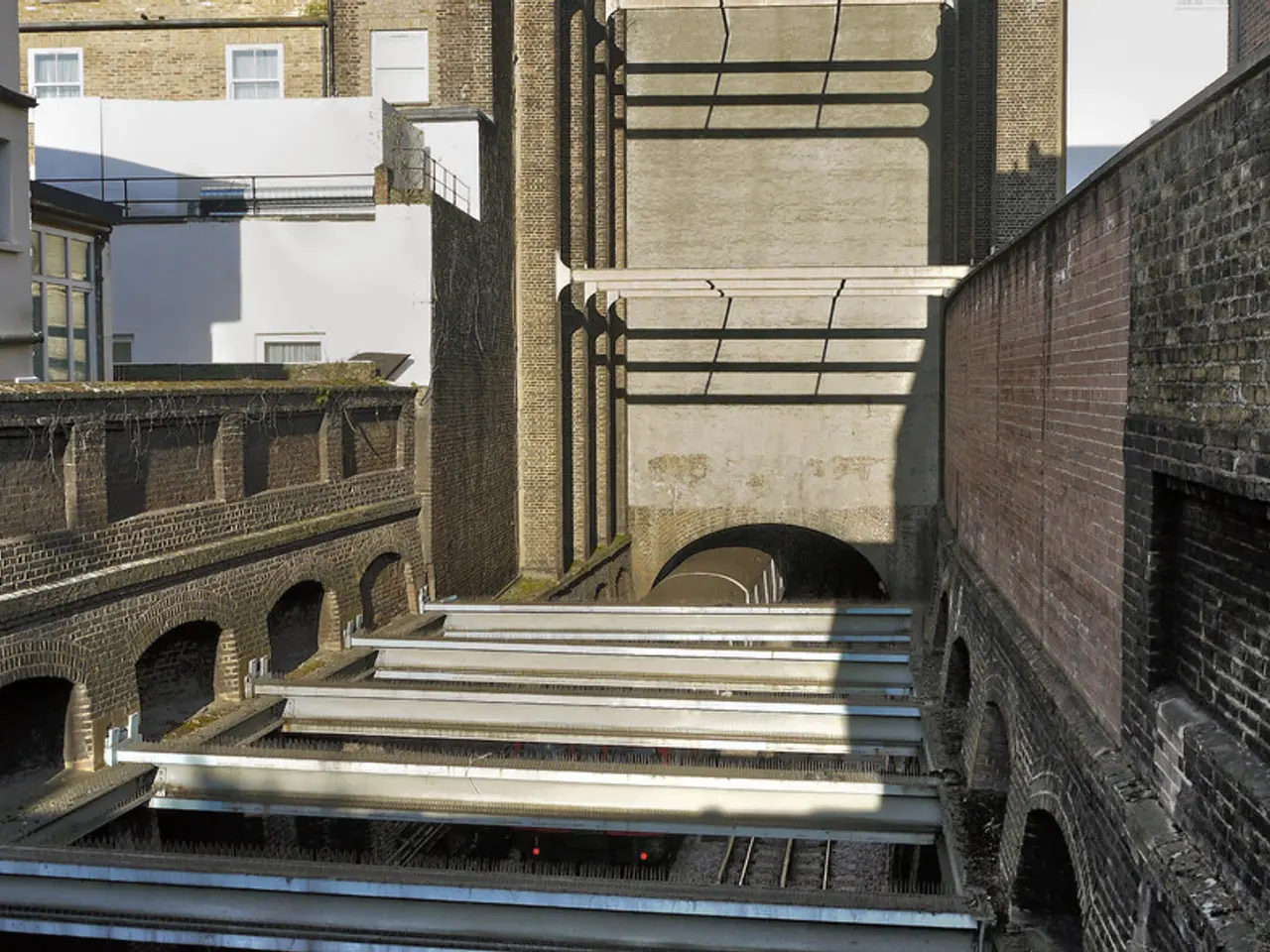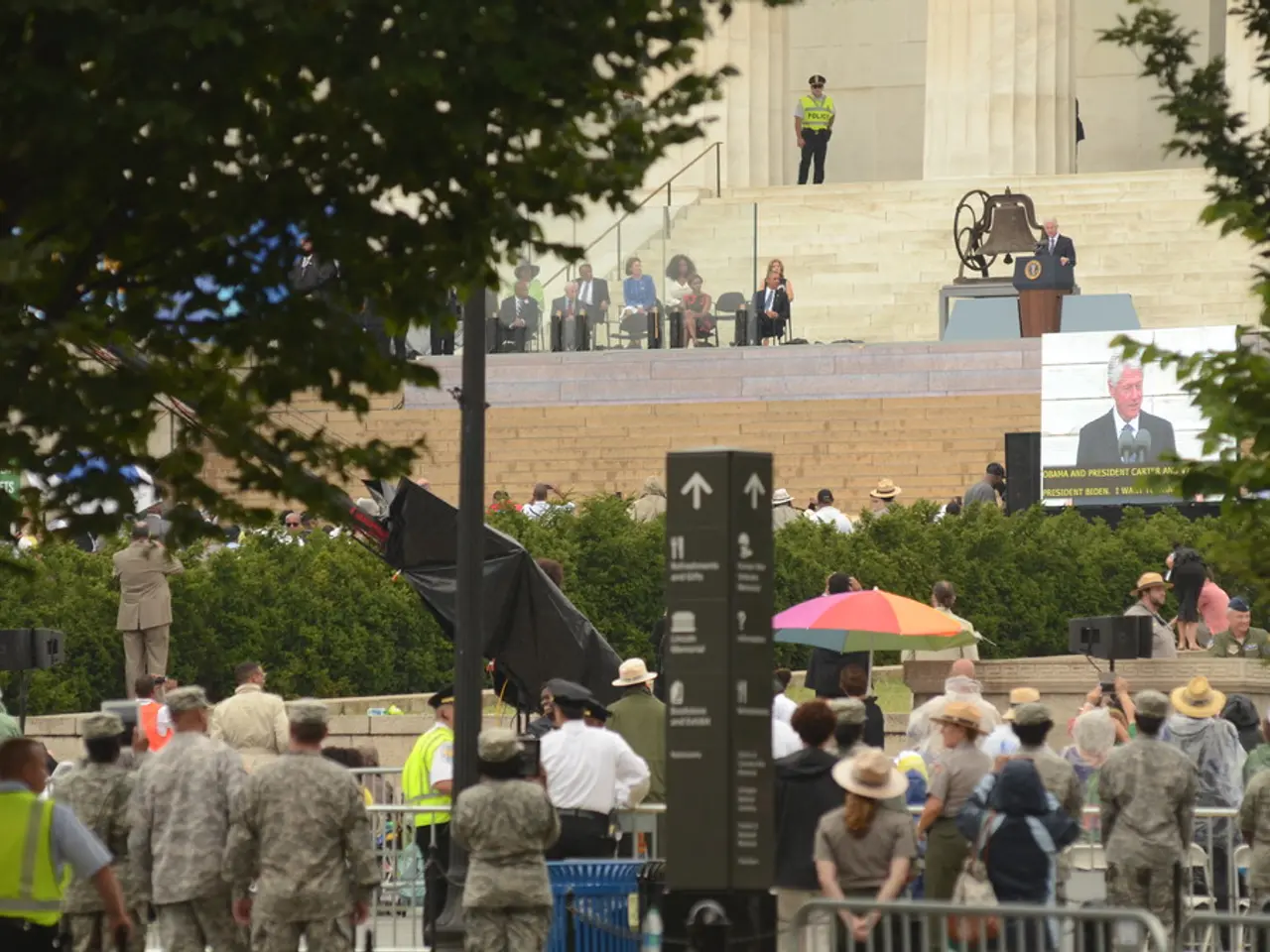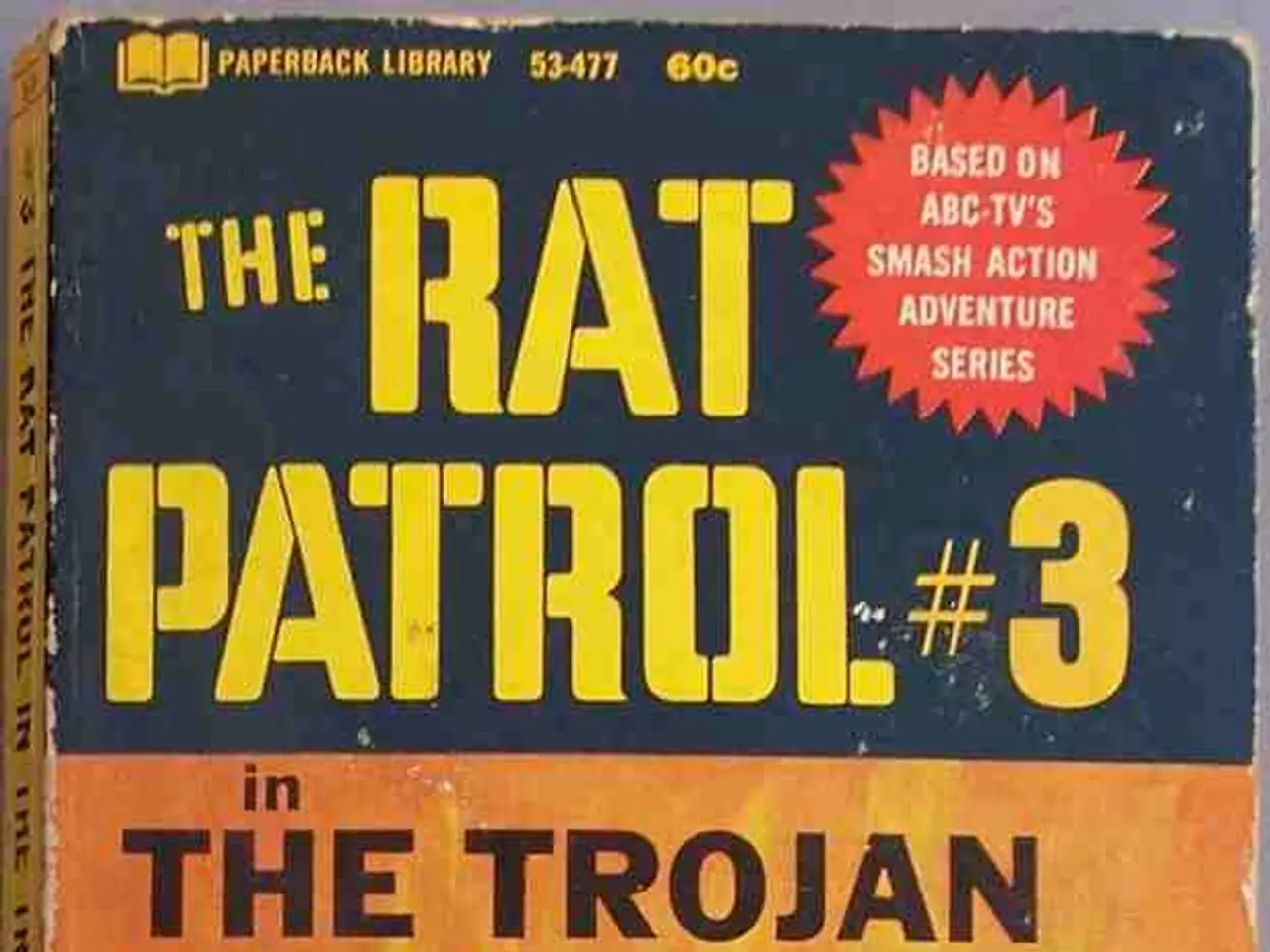Anxious over potential Iranian missile strikes, countless Israelis find shelter in the subterranean train stations
Chillin' in Underground Fortresses: Life in a Warzone
In the bustling metropolis of Tel Aviv, Israel, the usual busy hum of activity has been replaced by an eerie silence as the city takes cover beneath its concrete fortresses. The ongoing conflict between Israel and Iran has brought everyday life to a halt, forcing residents to seek refuge in underground shelters.
Running for the Shelter: The New Norm
The wail of air raid sirens has become an all-too-familiar sound for Aziza Melech, a 34-year-old event planner and her friend Sonia Shraibmen. Each night, they join hundreds of other Israelis in sleeping on air mattresses in the brightly lit stations of the Tel Aviv Light Rail system. The unpredictable and terrifying missile attacks have made their homes no longer safe sanctuaries.
"The anxiety is unbearable," says Shraibmen, who injured herself while racing to a nearby shelter. "It's scary to run every time my phone blares."
The sight of hundreds of people in their pajamas huddled together in the train stations is reminiscent of stories Melech's grandfather told her about World War II. "Now we'll be able to tell our grandkids about this," she says.
A New Kind of Alarm
Since the war began a week ago, life in Tel Aviv has drastically changed. Parents snuggle their crying children with stuffed animals while playing movies on tablets, kids gather for nightly shows to help settle them for sleep, and young people fire up their video games for entertainment. Nightly routine consists of giving kids a bath at home, getting dressed in pajamas, and walking to the nearest train station by 7 pm.
Shopping malls, famed for their modernity, have become temporary homes for around 400 people each night, huddled together in an underground parking garage. Volunteers have set up tents to offer a bit more privacy for those seeking refuge. Even the abandoned Central Bus Station, with its rat-infested shelter, has opened its atomic shelter to the public for the first time in years, offering a stronghold for residents during the attacks.
Seeking Safety in Older Buildings
Around half the people seeking shelter in the train stations are foreign workers who often reside in older apartment buildings that are not equipped with adequate shelters. Newer buildings in Israel are required to have reinforced safe rooms designed to withstand rockets; however, the ballistic missiles being launched by Iran are much stronger[1]. The availability of adequate shelter is also severely lacking in poorer neighborhoods and towns, especially in Arab areas.
Babu Chinabery, a home health aide from India, describes the fear he and others feel: "We're very scared about the missiles because they're so strong." Chinabery, who has been in Israel for 10 years, has grown accustomed to air raid sirens, but the past week has been different. "It's very difficult, that's why we're coming to sleep here," he explains[1].
Taking No Chances
Roi Asraf, a 45-year-old father, and his family have been sleeping at the train station in Ramat Gan for the past few nights, even though they have a safe room at home. "I don't like to take unnecessary risks," he says. Despite the hardships, he supports Israel's attacks on Iran. "If I have to sleep a week of my life in a train station for everything to be safer, I'm willing to do it," he concludes[1].
[1] Saar, Y. (2021, June 23). Tens of thousands of Israelis flee strikes, seek shelter in Tel Aviv. Associated Press. https://apnews.com/article/world-middle-east-war-conflict-israel-iraq-ap-top-news-id-64be57a7e1fdf71ee7dc3a96d381e501
[2] Steinberg, M. (2021, June 23). Escalating violence in Gaza urging Israelis to seek shelter in old air raid sirens. The Times of Israel. https://www.timesofisrael.com/escalating-violence-in-gaza-urging-israelis-to-seek-shelter-in-old-air-raid-sirens/
[3] Levin, E., & Mollick, E. (2014). Natural Disasters and Pooling Efforts through Social Networks. Nature, 515(7526), 164-168. https://doi.org/10.1038/nature13850
- Amid the chaos of war-and-conflicts in Tel Aviv, health concerns have become paramount for many residents, with general-news outlets reporting an increase in incidents due to the unpredictable missile attacks.
- The ongoing conflict in the Middle East has brought about a shift in political discussions worldwide, including in Toronto, where Canadians are deeply concerned about the safety and well-being of those directly affected.
- As the situation in Tel Aviv continues to escalate, news agencies worldwide have been reporting the impact on everyday life, focusing not only on the direct effects of war-and-conflicts but also on the stories of resilience and unity arising from the crisis.





